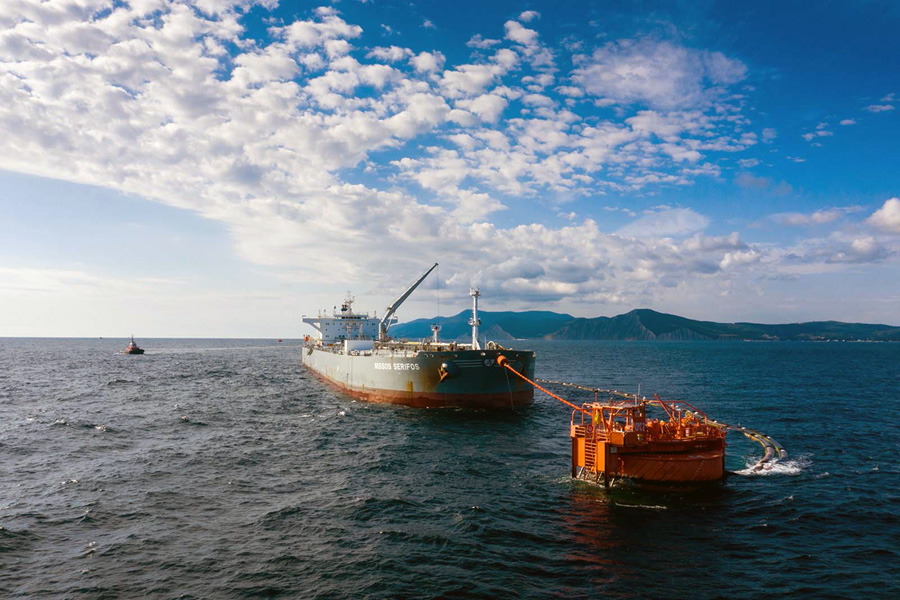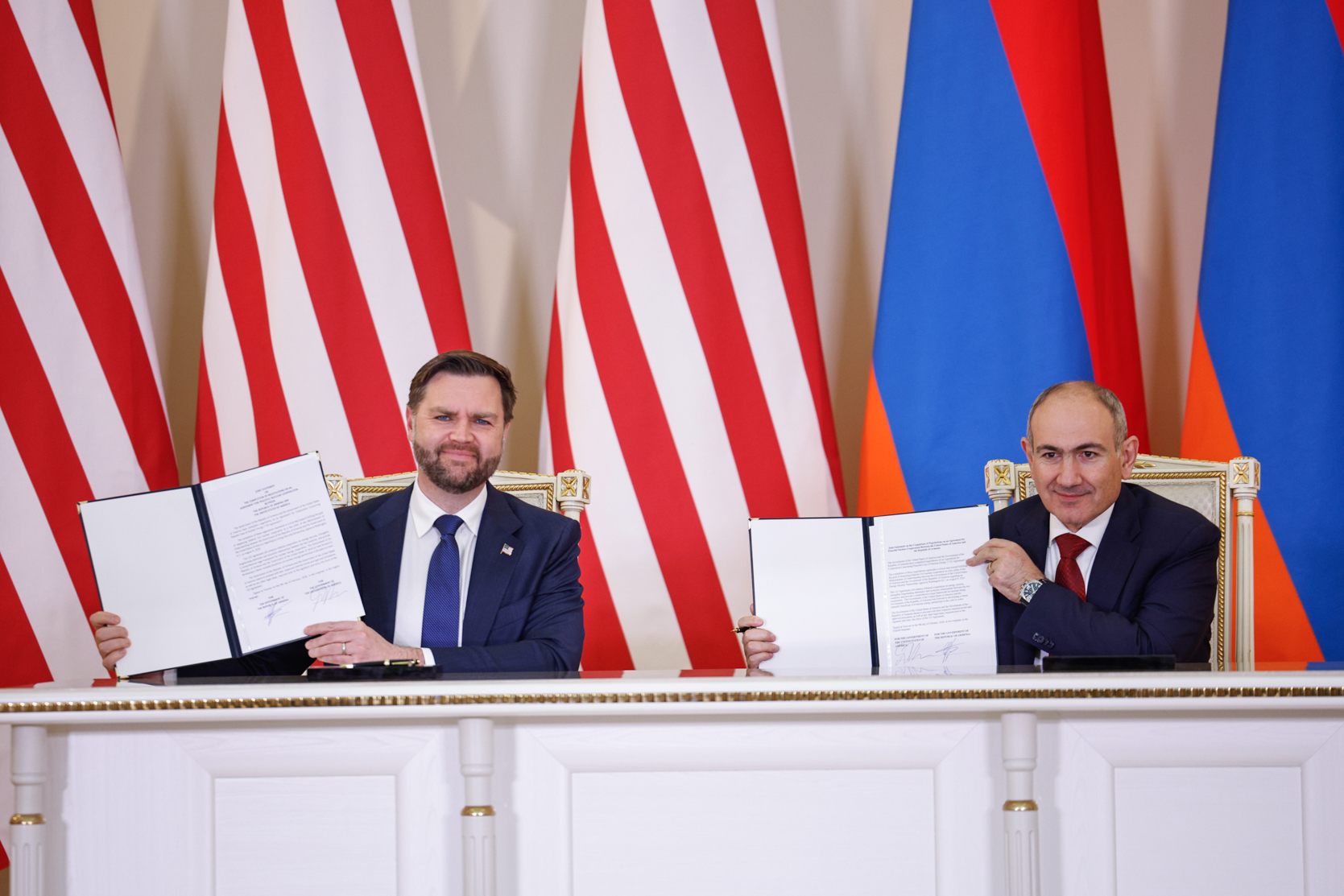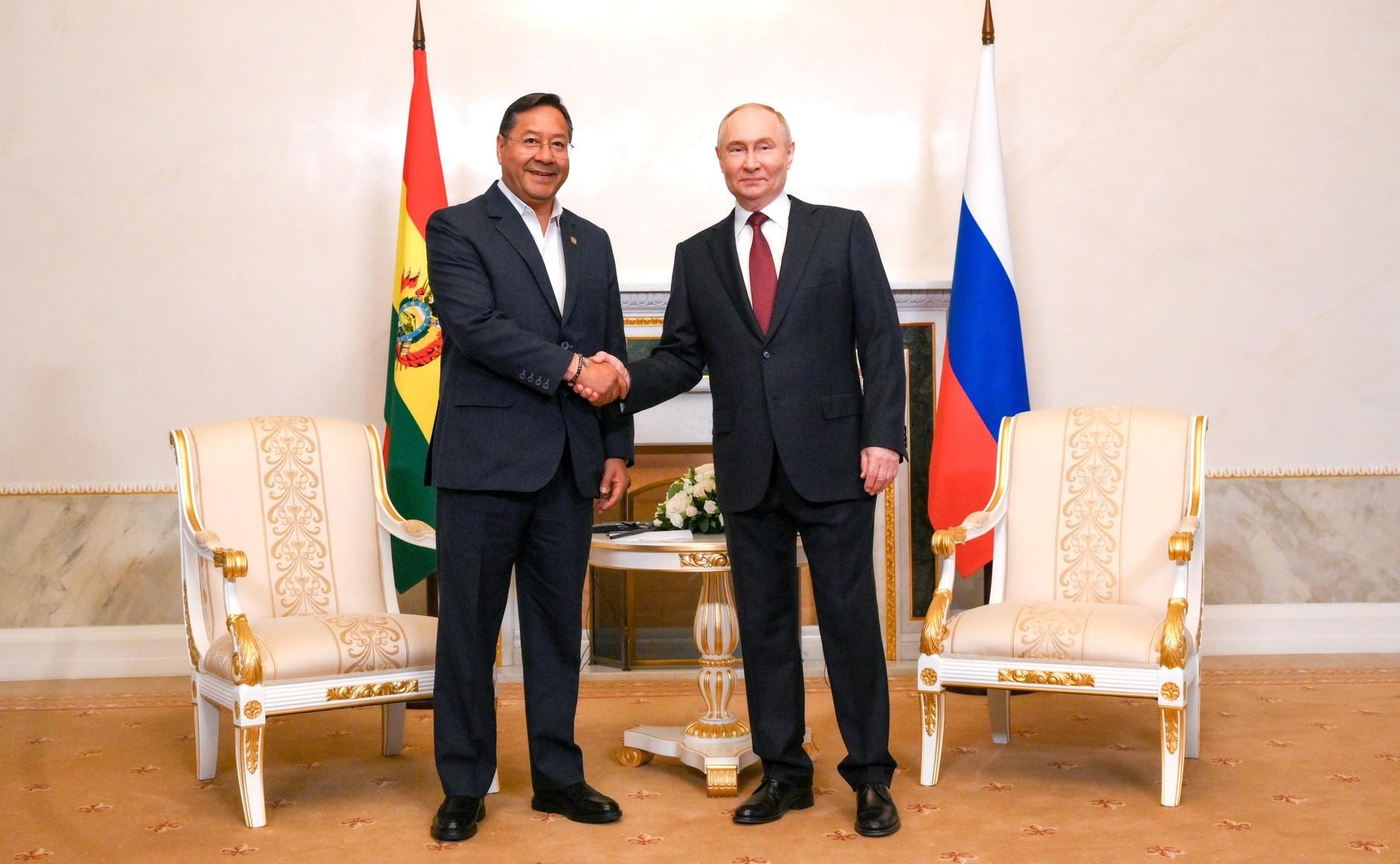
Kazakhstan Building Up Caspian Tanker Fleet to Bypass Russia
Kazakhstan Building Up Caspian Tanker Fleet to Bypass Russia
In an aim to make itself more independent of Russia, Kazakhstan is rapidly expanding its fleet of oil tankers so it can ship more oil across the Caspian to Azerbaijan and then onward to the West via the Baku-Tbilisi-Ceyhan pipeline—rather than using mostly Russian routes as currently constituted. Once Astana’s two new tankers from the United Arab Emirates (UAE) shipyards become operational, Kazakhstan is likely to be able to reduce its reliance on pipelines passing through Russia by as much as 50 percent, a move that will reduce Moscow’s influence not only in Kazakhstan but also across Central Asia and make Azerbaijan, Turkey and the West bigger players in the region at the Kremlin’s expense. Astana committed to making this change after Russian President Vladimir Putin launched his expanded invasion of Ukraine in February 2022; and it has moved even more quickly in the past month due to problems at Russia’s Port of Novorossiysk, which have blocked the flow of oil there for considerable periods over the past year (Casp-geo.ru, March 11, 12; Stan Radar, April 21).
This latest move by Astana has drawn heightened attention from Moscow both because of its immediate impact on oil transport and because of its longer-term implications for the relationships of Kazakhstan and the other Central Asian countries with the West and China, as opposed to Russia. Not surprisingly, Moscow commentators have played up the difficulties Kazakhstan has in expanding exports via the Caspian, including problems with the infrastructure of its Caspian ports as well as the siltation of rivers leading to those ports, which limits movement. (For background on these all-too-real problems, see Infrom.kz, October 12, 2019; Ritmeurasia.org, October 22, 2019.) Additionally, even with the two new Emirati tankers, Kazakhstan will only have a total of five. Moreover, as Russian analysts point out, all five are relatively small oil carriers given the limitations on shipping in the Caspian due to the presence of shallow waters in places. But even the most critical Russian commentators see Kazakhstan’s move as having enormous consequences that Moscow can perhaps limit but cannot reverse, especially if Astana attracts the needed investments from Western countries (Ia-centr.ru, April 4, 2022; Oilcapital.ru; Kommersant, April 19).
At the end of last week, Kazakhstan’s merchant marine authority announced that it was purchasing two new oil tankers from UAE yards with a deadweight of 8,000 tons each. This is small by oil transport standards but rather large in relation to the three such ships Kazakhstan already has and in terms of Astana’s ability to reduce the amount of oil it currently sends through Russia (Stan Radar, April 21). The Kazakhstani government took that step after President Kassym-Jomart Tokayev announced at the beginning of April 2023 that his priority is “the furthest possible diversification of routes carrying energy resources to world markets” (RBC, April 10). The amount of oil that Kazakhstan will be able to ship in this way over the next six months pales in comparison with that shipped via Russia; however, it is expected to grow in subsequent years.
Astana also hopes that the costs of shipping oil to the West via the Caspian will fall. Currently, doing so costs three times as much by weight as does shipping via Russia, a price that the Kazakhstani government is quite prepared to pay in facilitating the expansion of its freedom for action and an indication of its commitment to go its own way. By the end of 2024, Kazakhstan should be able to export 20 to 25 million tons of oil via the Caspian, experts say, an amount that approaches half of the 60 million tons it currently ships via Russia (Ia-centr.ru, April 4, 2022; Kommersant, April 19).
Overall, what Kazakhstan has done in this case has three larger consequences. First, it makes it likely that Kazakhstani shippers and those elsewhere in Central Asia will follow Astana’s lead in sending not just oil but also other cargo westward via the Caspian rather than Russia. That will lead to an expansion of Turkish and Western influence in the region at Moscow’s expense far more consequential than just the shift in this oil export route. Second, Kazakhstan’s move will have an impact on China, making it more rather than less likely that Beijing will continue to seek to bypass Russia and take advantage of Kazakhstani and Azerbaijani ports in the Caspian to do so—something that will reduce the value to Putin of his much-ballyhooed alliance with Chinese President Xi Jinping. Indeed, China has already been increasing its investments in Kazakhstan’s Port of Aktau so as to be able to use this route—investments that are making it easier for Astana to turn away from Moscow (Rosmorport.ru, March 11, 2022; Iarex.ru, December 27, 2022).
And third, this sets the stage for heightened competition, first economically and then potentially militarily, between the north-south route that Russia and Iran are developing and the east-west route that Kazakhstan is now set on expanding. Moscow and Tehran are already facing difficulties in launching their expanded trade via the Caspian, a route selected due to instability in the Caucasus and Central Asia (see EDM, April 11). Because of the increasing importance of Caspian transit routes, all the littoral countries have been developing their naval capacity to defend their ships in the event of a crisis. Among the leaders in this regard have been Azerbaijan and Kazakhstan. As a result, the Caspian Sea is no longer the Russian lake that Moscow and others have assumed; and the risk is growing that problems with shipping could turn into violent clashes, something no one wants but that no one can avoid seriously considering in their defense planning (see EDM, June 24, 2021; Casp-geo.ru, April 21, 2022).
Consequently, Kazakhstan’s purchase of two new tankers for the Caspian, something which on the surface appears to be a relatively small matter, has the potential to cast a long and potentially dark shadow over the entire region and beyond, given how sensitive such routes are for the Central Asian states, Russia, China and the West.


